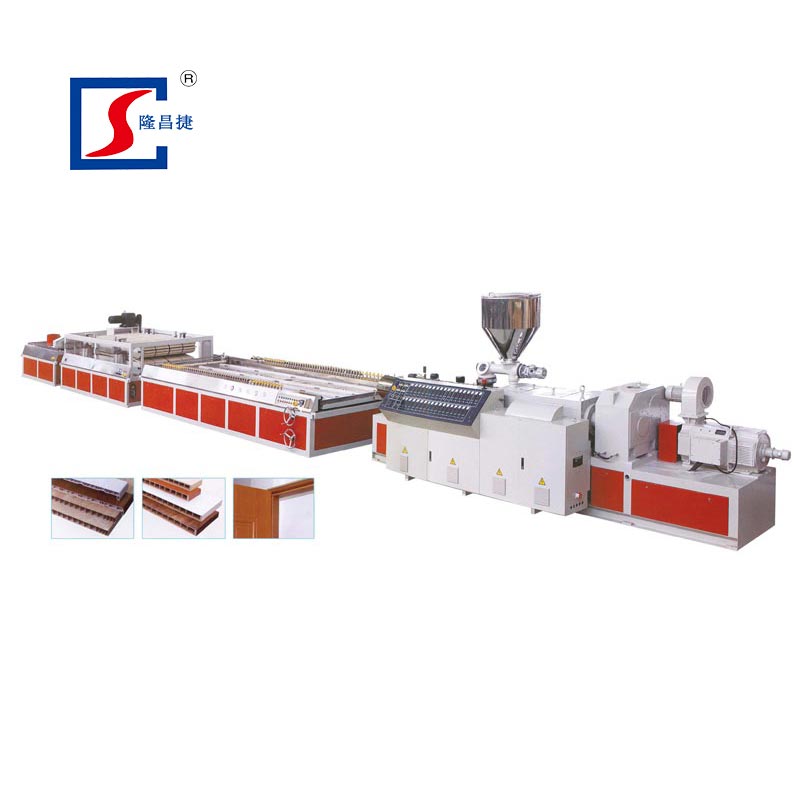An Inside Look at How a Board Production Line Works
2025-05-08
From construction panels to decorative boards, modern industries rely on high-efficiency board production lines to meet growing demand. But what exactly goes on behind the scenes of a production line? Here’s a step-by-step look at how these systems turn raw materials into finished boards ready for market.

1. Raw Material Preparation
Every board starts with raw materials—often wood chips, fibers, or synthetic composites. These are cleaned, sorted, and sometimes dried to ensure a uniform feedstock.
2. Blending and Forming
The prepared raw material is mixed with resins, binders, or other additives. The mixture is then evenly distributed on a conveyor to form a mat layer, which defines the board’s thickness and dimensions.
3. Pre-Pressing
Before entering the main press, the mat is pre-compressed to remove air and begin forming the board. This improves final strength and density consistency.
4. Hot Pressing
This is the heart of the production line. The pre-compressed mat enters a hot press, where it is subjected to high heat and pressure. This process bonds the materials into a solid board and activates the resins.
5. Cooling and Trimming
After pressing, the boards are cooled to set the structure and reduce internal stresses. Then, trimming units cut the edges to achieve precise dimensions.
6. Sanding and Surface Finishing
Boards are sanded to a smooth finish, and surface treatments or laminates can be applied for aesthetic and functional purposes—especially for furniture or flooring applications.
7. Quality Control and Stacking
Automated systems inspect the boards for defects. Finished boards are then stacked, packaged, and stored for shipment.
Conclusion
A modern board production line is a seamless integration of mechanical precision, automation, and quality control. From raw material to polished board, each step is designed for efficiency, accuracy, and high throughput—ensuring that the end product meets industrial standards and customer expectations.


